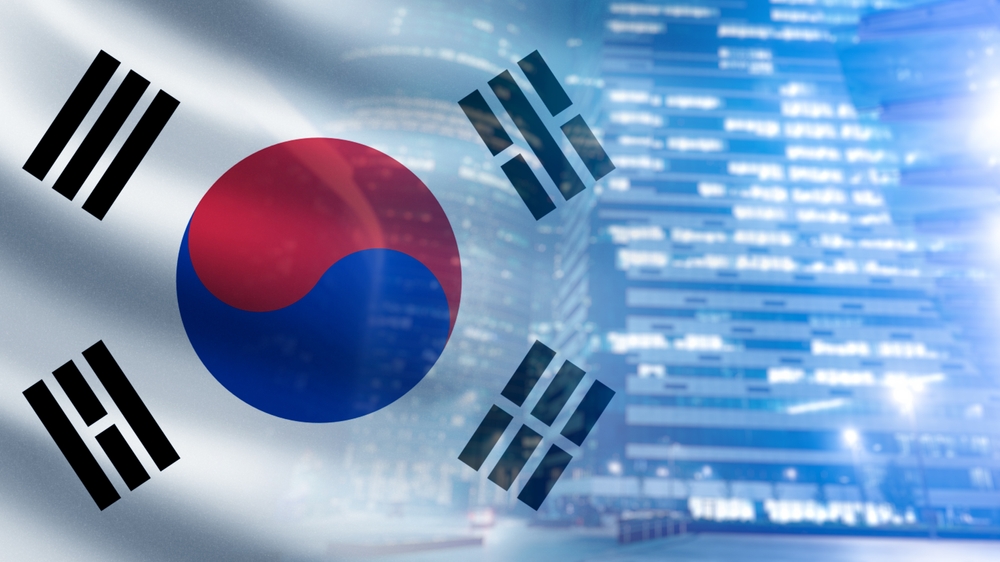South Korea’s newly elected president, Lee Jae-myung, faces the challenging task of reviving an economy weighed down by sluggish growth. With GDP projected to expand by just 0.8% in 2025—the slowest pace since 2020—his administration is expected to unveil a series of measures aimed at recovery and long-term resilience.
In his inaugural address on June 4, Lee pledged to “begin by restoring livelihoods and reviving the economy.” During the campaign, Lee and his Democratic Party (DP) proposed a second supplementary budget of at least 35 tn won (approx. $25.4 bn or 1.2% of GDP). This follows an earlier extra budget of 13.8 tn won approved in May.
“We expect to see more government spending to support households and small-and-medium-sized enterprises and government-led growth (including AI),” said Min Joo Kang, ING’s senior economist for South Korea, in a note. She also anticipates a package as large as 40–45 tn won, “bigger than market expectations.”
With the DP holding a comfortable majority in the National Assembly, Lee is well-positioned to advance his agenda and pass new fiscal measures with minimal resistance.
The Lee administration also aims to address the country’s real estate challenges by expanding housing supply in metropolitan areas and revitalizing aging new towns. “Construction has been a key drag on domestic growth for several quarters,” said Kang. “Restructuring is necessary, and the new government agrees.”
Lee also intends to reform the capital markets. His campaign pledged to reduce reliance on real estate wealth and make equity markets more attractive through improved governance and stronger minority shareholder rights. He has set an ambitious goal of raising the benchmark KOSPI to 5,000 during his presidency. The index rose 2.7% the day after the election, closing at 2,770.
“Overall, the removal of political risk should augur well for the Korean Won and Korean government bonds,” said DWS CIO Vincenzo Vedda.
Following six turbulent months—including the previous president’s declaration of martial law—Lee’s victory, with 49.42% of the vote and a turnout of 79.38%, promises a new chapter for the country’s democracy and economy.


 Australia
Australia China
China India
India Indonesia
Indonesia Japan
Japan Malaysia
Malaysia Philippines
Philippines Singapore
Singapore South Korea
South Korea Taiwan
Taiwan Thailand
Thailand Vietnam
Vietnam







